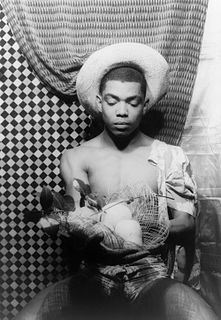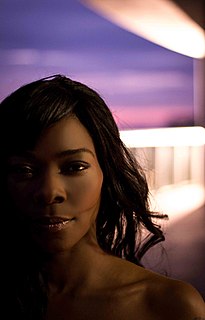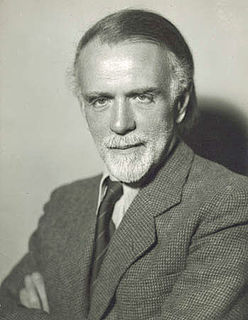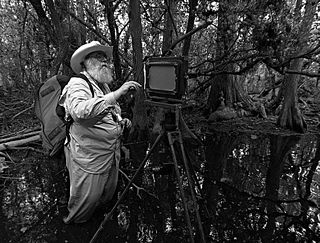A Quote by Federico Garcia Lorca
Besides black art, there is only automation and mechanization.
Quote Topics
Related Quotes
There isn't only one way that black art or entertainment is represented, and that's the most important thing. We're permeating every style. We're claiming and, when necessary, appropriating all kinds of forms. Nothing is forbidden, because it's not what black people do: because it's not what we think of as black art.
In olden times when there was a war, it was a human-to-human confrontation. The victor in battle would directly see the blood and suffering of the defeated enemy. Nowadays, it is much more terrifying because a person in an office can push a button and kill millions of people and never see the human tragedy that he or she has created. The mechanization of war, the mechanization of human conflict, poses an increasing threat to peace.
History has proven that art depicting black people cannot be disentangled from the political implications that such art has on their lives. As Africans were being stripped from the continent and sailed across the Atlantic to the Western world, depictions of black people in Western art changed in order to further render them racialized caricatures.
As a black person on the outside, because there's so much black art and so much of black people's work circulating, so many people imitating what black people do, you would think that there'd be more black people on the business side. It didn't cross my mind that every label head, for the most part, is a white guy.







































